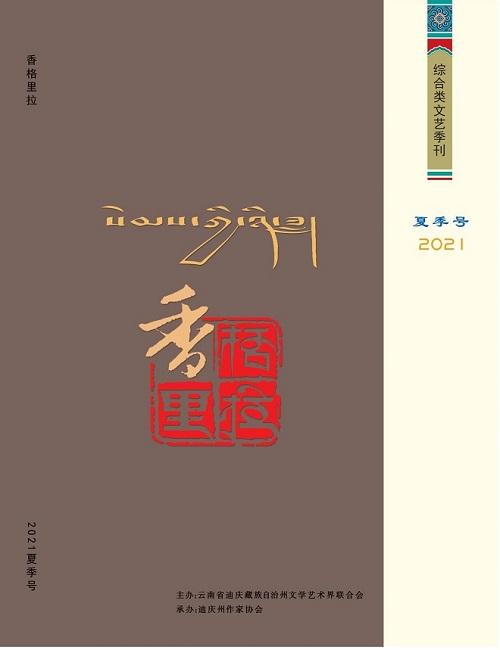Research on English Translation of Tibetan Literature Works
Tibetan literature is a rich and diverse cultural heritage that reflects the unique traditions, beliefs, and way of life of the Tibetan people. Translating Tibetan literary works into English not only helps to preserve and promote Tibetan culture but also allows for a wider audience to appreciate the beauty and depth of Tibetan literature. In this research, we will explore the challenges and strategies involved in translating Tibetan literature into English, as well as the significance of such translations in the global literary landscape.

Translating Tibetan literature into English poses several challenges, primarily due to the linguistic and cultural differences between the two languages. Some of the key challenges include:
Language Barrier: Tibetan language is vastly different from English, both in terms of grammar and vocabulary. Translators must navigate these differences to accurately convey the meaning and essence of the original text.
Cultural Nuances: Tibetan literature is deeply rooted in Tibetan culture, history, and traditions. Translators need to have a deep understanding of Tibetan culture to accurately translate cultural nuances and references.
Religious and Spiritual Themes: Many Tibetan literary works contain themes related to Tibetan Buddhism and spirituality. Translating these themes requires a nuanced understanding of Tibetan religious beliefs and practices.
Poetic and Prose Styles: Tibetan literature encompasses a wide range of poetic and prose styles, each with its own unique characteristics. Translating these styles into English while maintaining the original voice and tone of the author is a complex task.
To overcome the challenges of translating Tibetan literature into English, translators can employ the following strategies:
Collaboration: Collaborating with Tibetan scholars, writers, and cultural experts can provide valuable insights into the cultural and historical context of the literary work, helping to ensure accurate translation.
Transcreation: In cases where direct translation may not capture the essence of the original text, translators can opt for transcreation, which involves creatively adapting the text to convey the same meaning and impact in English.
Footnotes and Annotations: Providing footnotes and annotations can help readers understand cultural references, historical contexts, and linguistic nuances that may not be easily translatable.
Consultation: Consulting with native Tibetan speakers and experts in Tibetan language and culture can help clarify any ambiguities or uncertainties in the translation process.
The English translation of Tibetan literature plays a crucial role in promoting cross-cultural understanding and appreciation of Tibetan culture and heritage. Some of the key significance of translating Tibetan literature into English include:
Preservation of Cultural Heritage: English translations help preserve and promote Tibetan literary works, ensuring that the rich cultural heritage of Tibet is not lost or forgotten.
Global Reach: Translating Tibetan literature into English allows for a wider audience to access and appreciate Tibetan literary works, fostering greater awareness and appreciation of Tibetan culture on a global scale.
Academic Study: English translations of Tibetan literature provide valuable resources for scholars, researchers, and students interested in Tibetan language, culture, and literature.
Literary Exchange: Translating Tibetan literature into English facilitates literary exchange and dialogue between Tibetan writers and the global literary community, enriching the diversity of voices and perspectives in world literature.
In conclusion, the English translation of Tibetan literature is a valuable endeavor that not only helps preserve and promote Tibetan culture but also contributes to the enrichment of global literary discourse. By addressing the challenges and employing effective strategies, translators can ensure that the beauty and depth of Tibetan literary works are faithfully conveyed to English-speaking audiences.
Tags:
藏族文学作品英译研究报告 藏族文学作品英译研究方向 藏族文学作品的研究
![]() admin
04-14
【文学】
536人已围观
admin
04-14
【文学】
536人已围观




